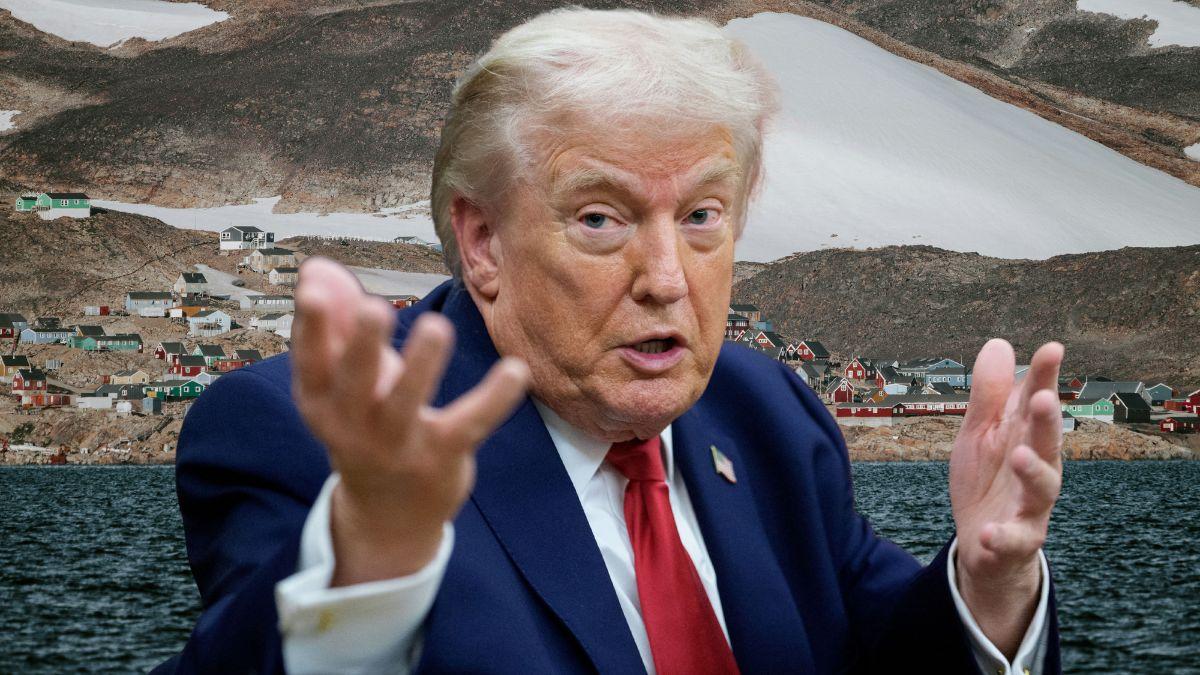'A Potential Disaster': Donald Trump Issues Chilling 'Great Depression' Threat and Blames Biden Administration for 'What Our Country May be Forced Into'
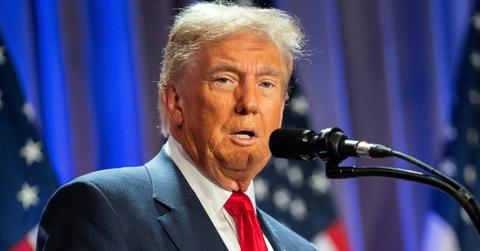
Trump's inauguration is set for Jan. 20
Dec. 31 2024, Published 4:45 p.m. ET
Donald Trump has issued a grim warning for the future of the country.
RadarOnline.com can reveal the president-elect blamed Joe Biden's administration for "what our country may be forced into," as he suggested there may be an economic "depression" in the near future.
Trump, 78, issued the strong statement as he criticized a debt ceiling deal struck by former Republican Speaker Kevin McCarthy.
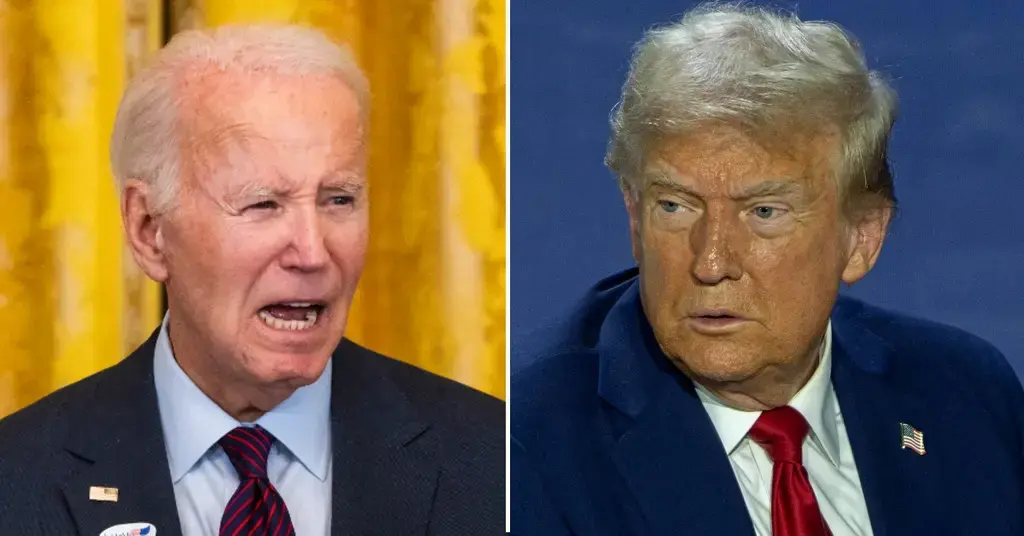
The president-elect blamed the DOJ, FBI, and Democrat state and local prosecutors for 'not doing their job'.
Earlier this month, Trump failed to get a provision passed raising the debt ceiling, which was included in a stopgap spending bill passed by Congress to avert a government shutdown.
On Sunday, December 29, Trump raged on Truth Social, writing: "The extension of the Debt Ceiling by a previous Speaker of the House, a good man and a friend of mine, from this past September of the Biden Administration, to June of the Trump Administration, will go down as one of the dumbest political decisions made in years.
"There was no reason to do it – NOTHING WAS GAINED, and we got nothing for it – A major reason why that Speakership was lost."

Trump further claimed Democrats would 'prefer a depression as long as it hurt the Republican party.'
As Trump continued, he claimed: "It was Biden's problem, not ours. Now it becomes ours."
He added: "I call it '1929' because the Democrats don't care what our country may be forced into. In fact, they would prefer 'Depression' as long as it hurt the Republican Party."
The president-elect then urged lawmakers to remedy the issue while Biden, 82, is still in office, writing: "The Democrats must be forced to take a vote on this treacherous issue NOW, during the Biden Administration, and not in June.
"They should be blamed for this potential disaster, not the Republicans!"
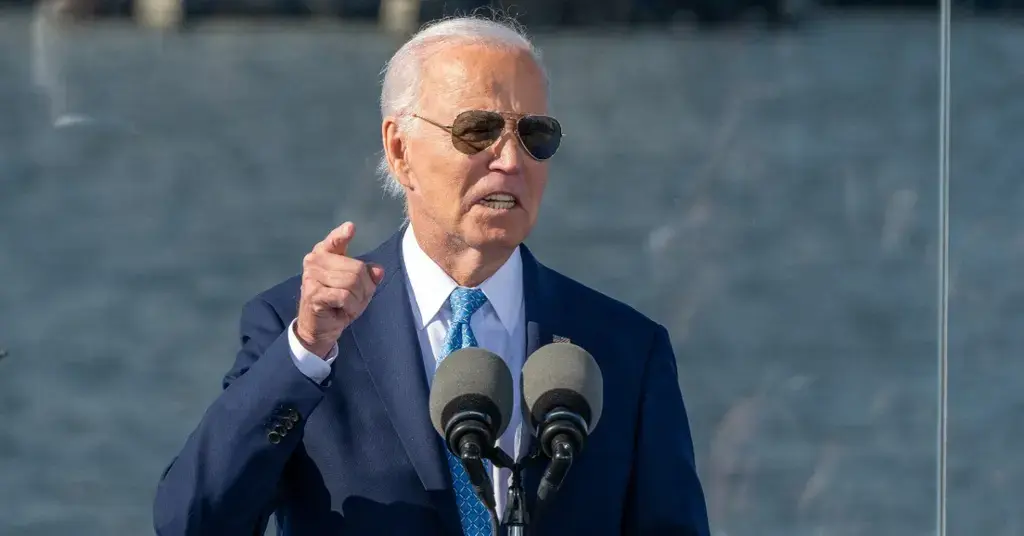
Trump's spokesperson claimed Biden 'wants high gas prices to be his legacy.'
Trump was seemingly fixated on Republican lawmakers taking swift action on the issue so it does not spill over to his second term.
In 2023, Congress voted to extend the debt ceiling – which refers to the debt limit the government is allowed to borrow to meet its legal obligations – until January 1, 2025; however, lawmakers would still need to take action in 2025 in order to avoid defaulting, which could lead to severe economic ramifications, including a depression.
Currently, the national debt sits at $36 trillion. After January 1, the Treasury Department can take what is known as "extraordinary measures" to make sure the government does not default on its debts.
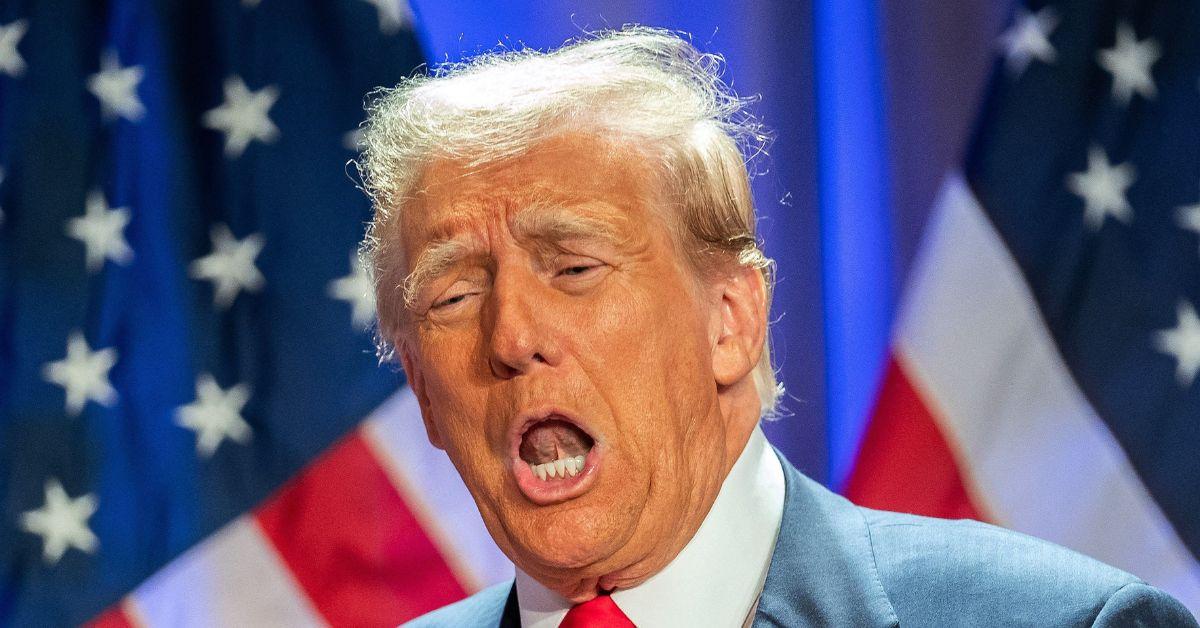
Trump has strongly opposed a debt ceiling vote being extended to June 1, six months into his second term.

Treasury Secretary Janet Yellen has already warned her department may take up "extraordinary measures" as early as January 14 while Congress scrambles to handle the issue.
Yellen urged lawmakers to "act to protect the full faith and credit of the United States."
Economists have argued such measures could mean pushing the debt ceiling decision to June 2025, which Trump has strongly opposed.

